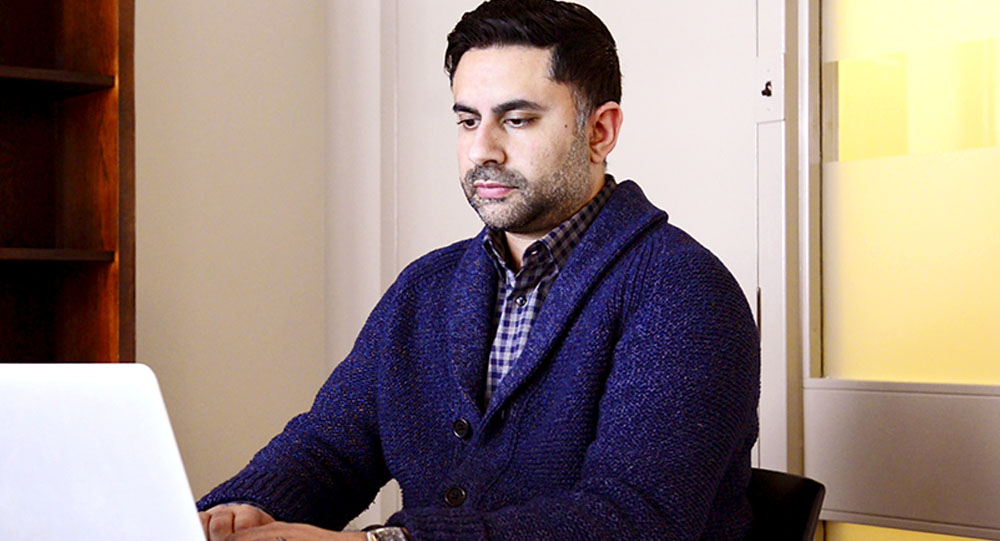“Take a long, hard look in the mirror” the saying goes.
For Dr. Javeed Sukhera, it’s an ideal place to start learning about implicit bias. “The conversation can only begin once we humble ourselves by recognizing that we are all deeply flawed and imperfect human beings,” he wrote in a 2018 article for The Conversation Canada.
Implicit biases form outside our consciousness or awareness, often surfacing as automatic responses despite our best intentions.
Dr. Sukhera’s research focuses on implicit bias in health care settings, as well as stigma reduction around mental illness and community engagement in health care. Through his research and curriculum development, he has been delivering implicit bias and stigma reduction training in the London area with promising results.
In 2018, he received a grant from AMS Healthcare to expand the training to the digital domain, creating greater access for patients and their caregivers, as well as health professionals.
“Knowing that bias within organizations can be a challenge to change, we’re hoping to use digital technology to democratize knowledge and deliver training openly and transparently,” he said. “We’re leveraging this technology to expand the scale and spread of curriculum that enhances compassionate patient- and family-centred care.”
But what happens when people take a look in the mirror?
Dr. Sukhera’s research on implicit bias training reveals the significant emotional distress and defensiveness that can arise from learning meant to create positive change and reduce stigma.
This has led him to explore better ways to teach and learn about bias. “Our research has found there are ways to help make the conversation more effective,” he explained. “As an instructor, starting from a position of vulnerability and humility shows that this is an intrinsic part of the human experience. It’s important participants understand that the goal is not to categorize good and bad people.”
His work has also shown the significance of a supportive and collaborative team environment. “In places where we’ve tried to implement our interventions, the extent to which they were effective was heavily influenced by the extent to which people learned and worked in teams,” he explained. “Creating an environment where people are comfortable discussing bias and empowering them to act as social reinforcers makes the intervention much more effective.”

Addressing organizational and cultural barriers is challenging, but Dr. Sukhera says the response to his work has been very positive. He has been invited to speak across Canada and internationally about how to tackle the problem of implicit bias.
“So much of what we learn as health professionals is taught or enacted from a position of difference between people,” he said. “My work emphasizes the humanity and vulnerability of the learner, the physician, the health care professional.”
“By shifting away from judgement and blame, we can work toward addressing stigma in a more meaningful way,” he added.